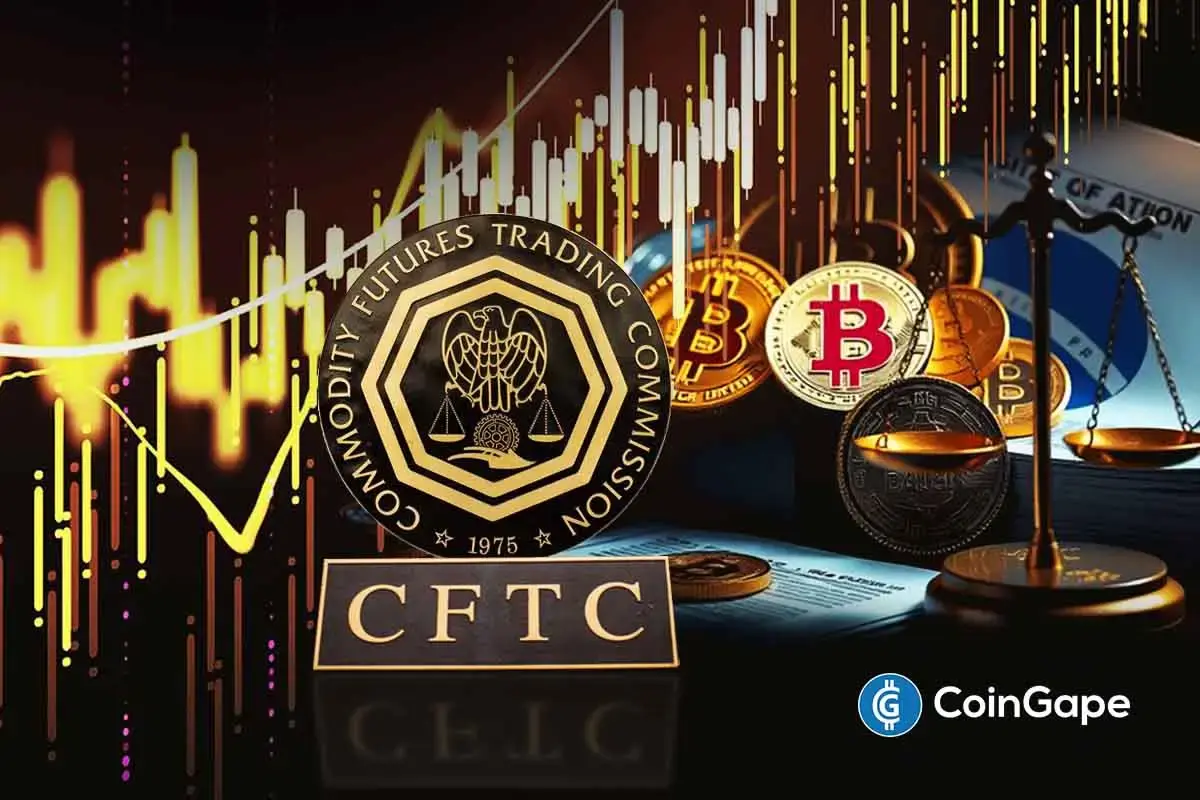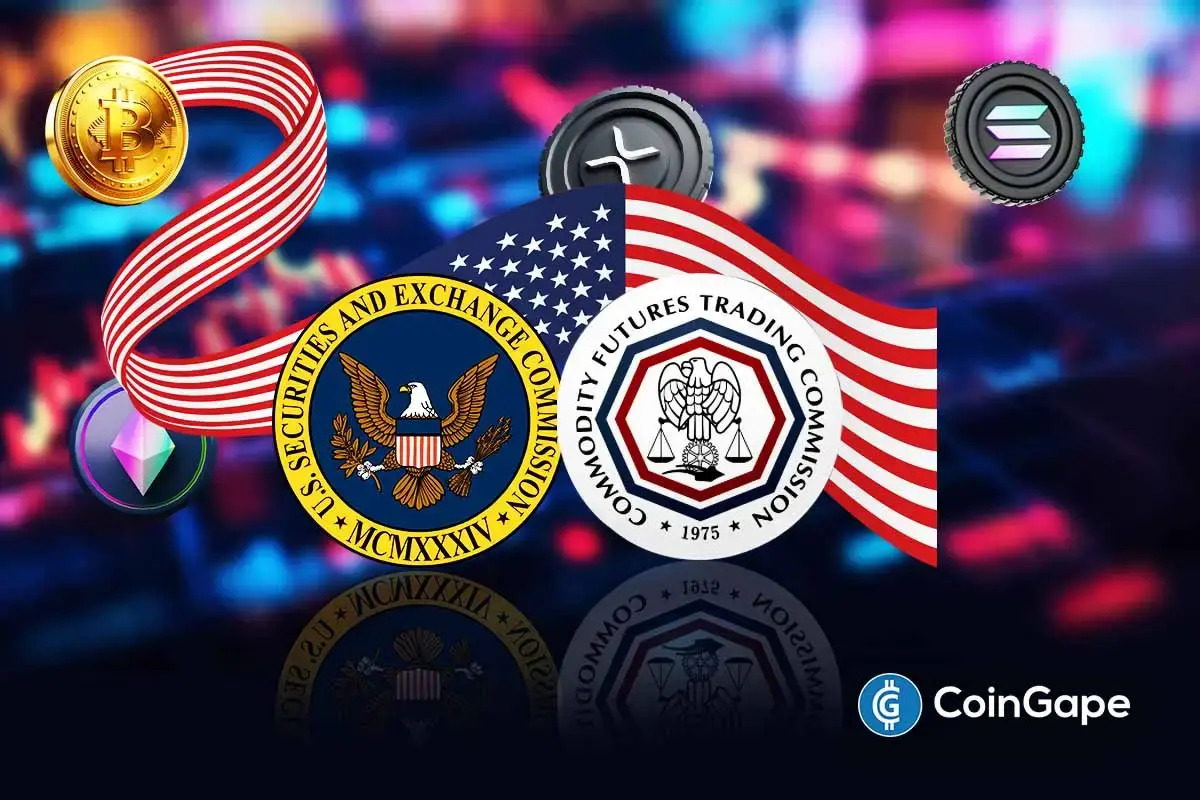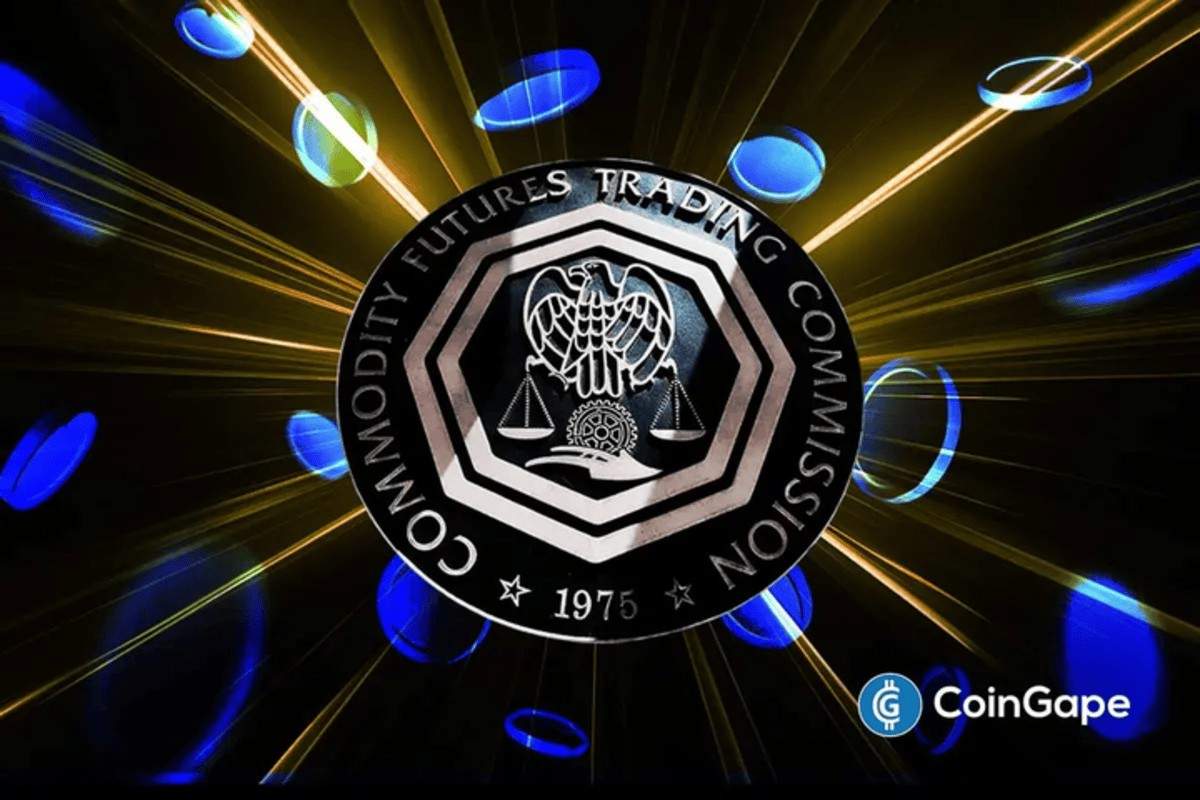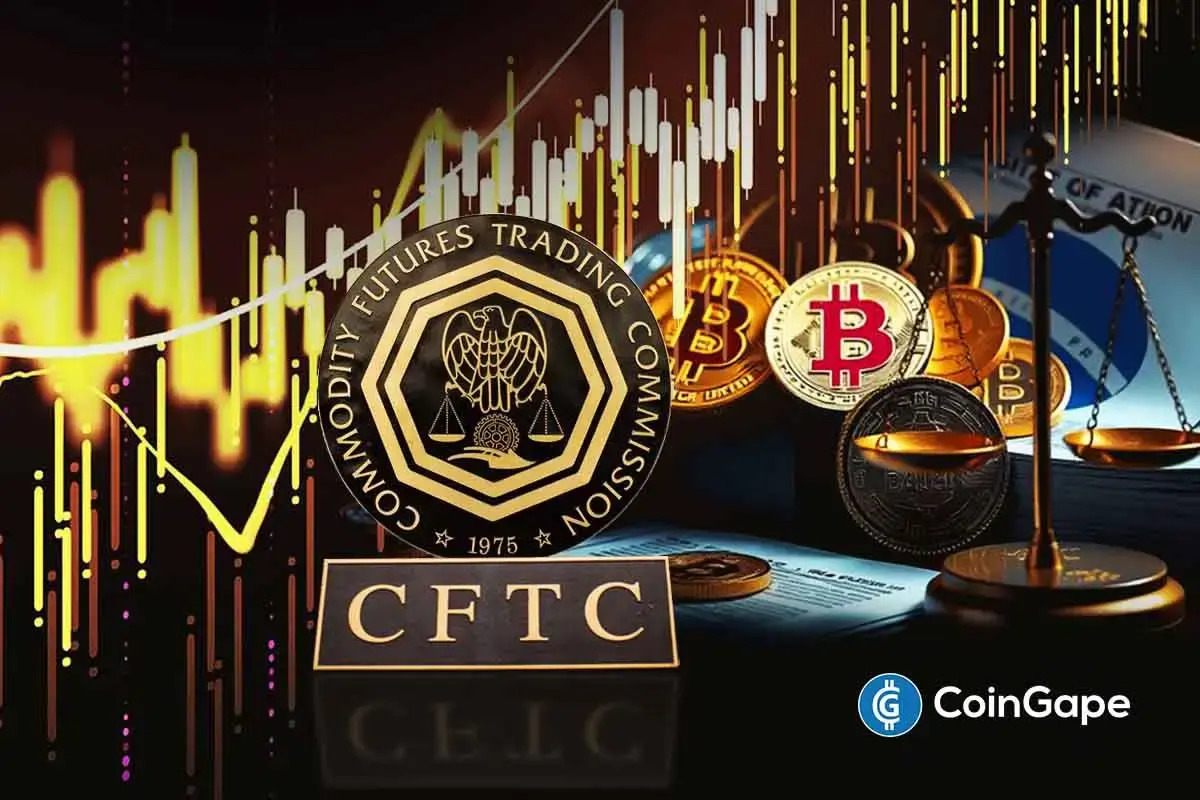CFTC Commissioner Critiques KuCoin Lawsuit Amid SEC Clash

Highlights
- Caroline Pham, CFTC Commissioner, criticizes the agency's legal action against KuCoin for illegal derivatives exchange operations.
- Pham argues the CFTC's approach may infringe on SEC territory by conflating securities investments with commodities trading.
- There is an ongoing debate between the CFTC and SEC on regulatory authority over crypto, especially regarding the status of Ethereum.
Caroline Pham, Commissioner of the Commodity Futures Trading Commission (CFTC), has publicly criticized her agency’s enforcement action against the cryptocurrency exchange KuCoin. KuCoin was charged with the unlawful operation of the digital asset derivatives exchange on March 26 by the CFTC and in cooperation with the U.S. Department of Justice. Pham’s criticism brings up the issue of a possible overreach by the CFTC into the domain of its sister institution, the Securities and Exchange Commission (SEC), provoking a discussion on regulatory boundaries in the crypto industry.
The issues of Pham relate to the CFTC interpretation that securities, and fund shares, in this case, might be treated as leveraged trading under commodities laws. She contends that this erases the lines between securities investment and trading activities, a difference traditionally regulated by the SEC. Such an approach, Pham says, would violate SEC jurisdiction and destroy a history of investor protection law by mixing financial instruments with activities.
KuCoin Case Exposes CFTC-SEC Regulatory Rift
The rivalry between the CFTC and SEC in terms of regulatory supremacy in the crypto market is nothing new. A significant unresolved issue has been the status of ether, as the SEC has yet to label it as a security explicitly. Simultaneously, the CFTC has once again confirmed its position on cryptocurrency as a commodity. The difference in regulatory perspective emphasizes the necessity of clear guidelines in the rapidly developing crypto sector.
Earlier this month, CFTC Chair Rostin Behnam was skeptical, pointing out that categorizing ether as a security could raise compliance issues for those who want to declare it as a futures contract. This situation demonstrates the critical side of the ongoing debate between the two regulatory authorities. Such differences in interpretation could have grave consequences for the market of cryptocurrency and its participants.
Calls for Harmonized SEC-CFTC Regulatory Framework Intensify
Pham’s criticism raised a more critical issue on the threat of the destruction of investor protection from regulatory excess. The present stance of the CFTC in association with the equating of the ownership of shares with derivative trading might disrupt the basic principles of securities markets. This further underscores the need for a more coordinated regulatory approach that respects the defined jurisdictions of both the CFTC and SEC.
Read Also: Bitcoin Exchange Balance Plunges To 1.8M, Is Supply Crunch Finally In?
- Expert Predicts Bitcoin Dip to $49K as ‘Trump Insider’ Whale Dumps 5,000 BTC
- Bitcoin Price Rebounds $70K, Here are the Top Reasons Why?
- Crypto Market Weekly Recap: Crypto Bill White House Meeting, Binance Buys $1B BTC, and More (9- Feb 13)
- TRUMP Coin Pumps 5% as Canary Capital Amends ETF Filing With New Details
- Crypto Prices Surge Today: BTC, ETH, XRP, SOL Soar Despite US Government Shutdown
- Crypto Price Prediction For the Week Ahead: Dogecoin, Solana and Cardano
- Bitcoin Price Prediction: How Could Brazil’s Strategic Bitcoin Reserve Proposal Impact BTC?
- 3 Top Reasons Pi Network Price Surging Today (14 Feb)
- XRP Price Prediction Ahead of Potential U.S. Government Shutdown Today
- Bitcoin Price Outlook As Gold And Silver Lose $3.6 Trillion in Market Value
- XRP and Ethereum Price Prediction as Trump Seeks to Lower Key Tariffs


















